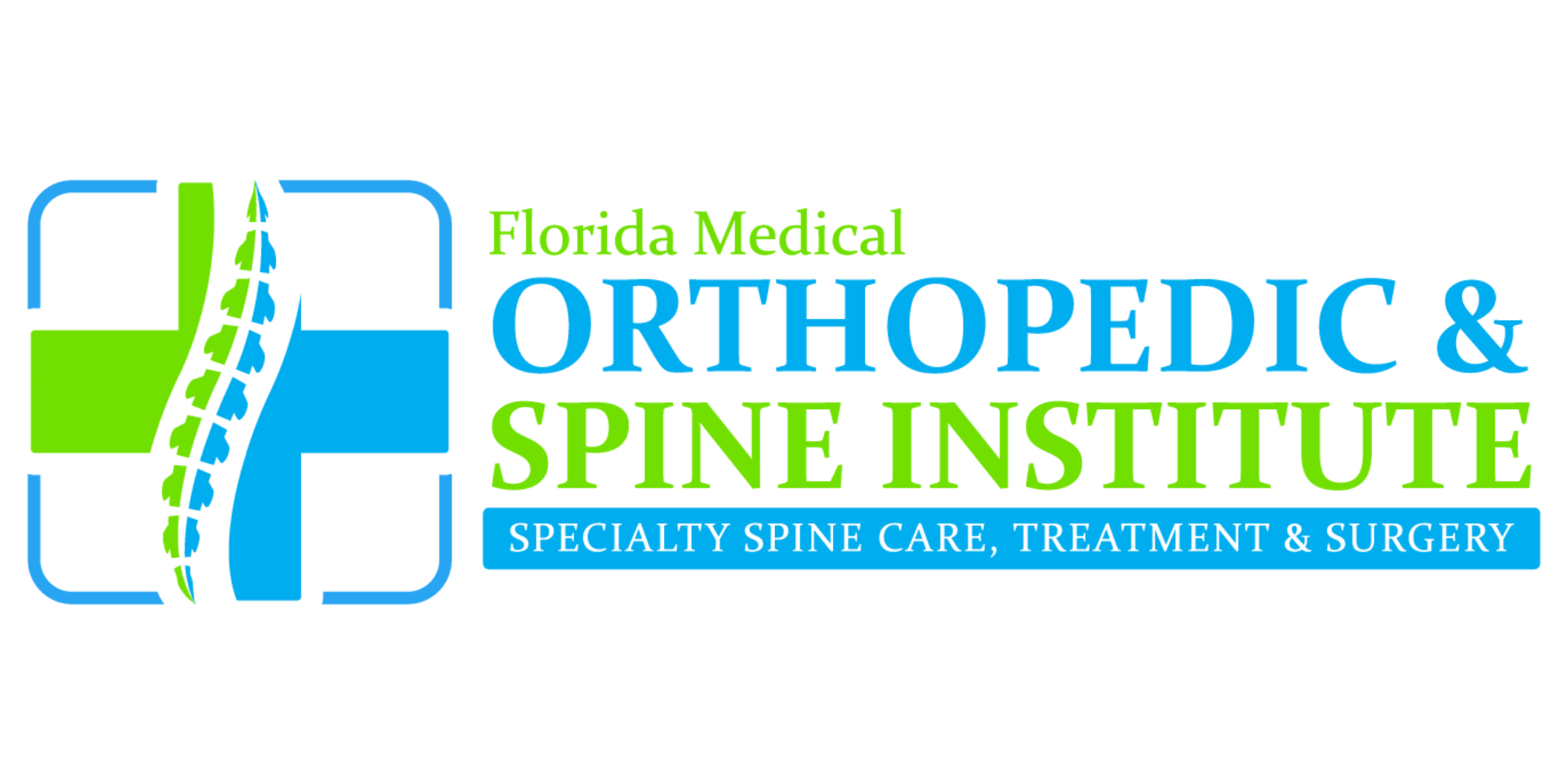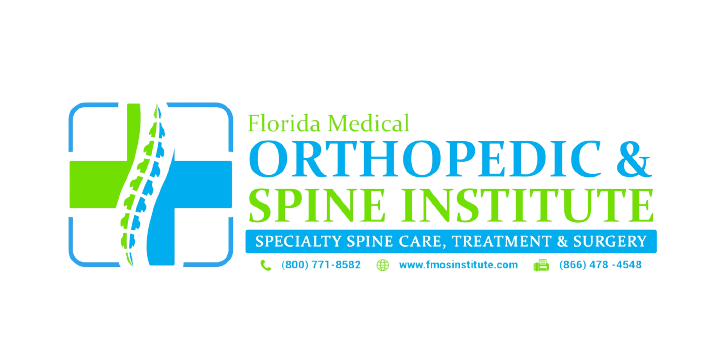Navigating the Aftermath: Your Guide to Personal Injury Care
Experiencing a personal injury can be a traumatic and disruptive event. Whether it's a car accident, slip and fall, workplace injury, or any other incident caused by someone else's negligence, the road to recovery can feel overwhelming. This guide aims to provide you with essential information about personal injury care, empowering you to prioritize your health and well-being.
Immediate Medical Attention: Prioritizing Your Health
- Seek Immediate Care: Even if you feel "fine," it's crucial to seek medical attention immediately after an accident. Internal injuries and delayed symptoms are common.
- Document Everything: Keep detailed records of all medical treatments, including doctor's notes, prescriptions, and therapy sessions. This documentation is vital for your recovery and any potential legal claims.
- Follow Medical Advice: Adhere to your doctor's recommendations and attend all scheduled appointments. This ensures proper healing and minimizes long-term complications.
Contact Us Today
Have a question? Looking for treatment? We’re here to help. Send us a message and we’ll be in touch.
We will get back to you as soon as possible
Please try again later
Find The Best Treatment Option For You!
Understanding Your Injuries and Treatment Options
Diagnosis and Evaluation: A thorough medical evaluation will help determine the extent of your injuries and create a personalized treatment plan.
Common Injuries: Personal injuries can range from minor sprains and bruises to severe fractures, traumatic brain injuries (TBIs), and spinal cord injuries.
Treatment Modalities: Treatment may include:
- Physical therapy: To restore mobility and strength.
- Chiropractic care: For musculoskeletal alignment and pain management.
- Pain management: Medications and therapies to alleviate discomfort.
- Surgery: In cases of severe injuries requiring surgical intervention.
- Psychological counseling: To address emotional trauma and mental health concerns.
The Importance of Comprehensive Care For Personal Injury
Multidisciplinary Approach: A comprehensive approach involving various healthcare professionals is often necessary for optimal recovery.
Rehabilitation: Rehabilitation programs can help you regain lost function and return to your daily activities.
Mental and Emotional Well-being: Personal injuries can have a significant impact on your mental and emotional health. Seeking counseling or therapy can help you cope with trauma, anxiety, and depression.
Managing Chronic Pain: Some injuries may lead to chronic pain. A pain management specialist can develop strategies to alleviate discomfort and improve your quality of life.
If you have any further questions,
contact us today! Learn how
Florida Medical Orthopedic & Spine Institute can help you alleviate your pain.

